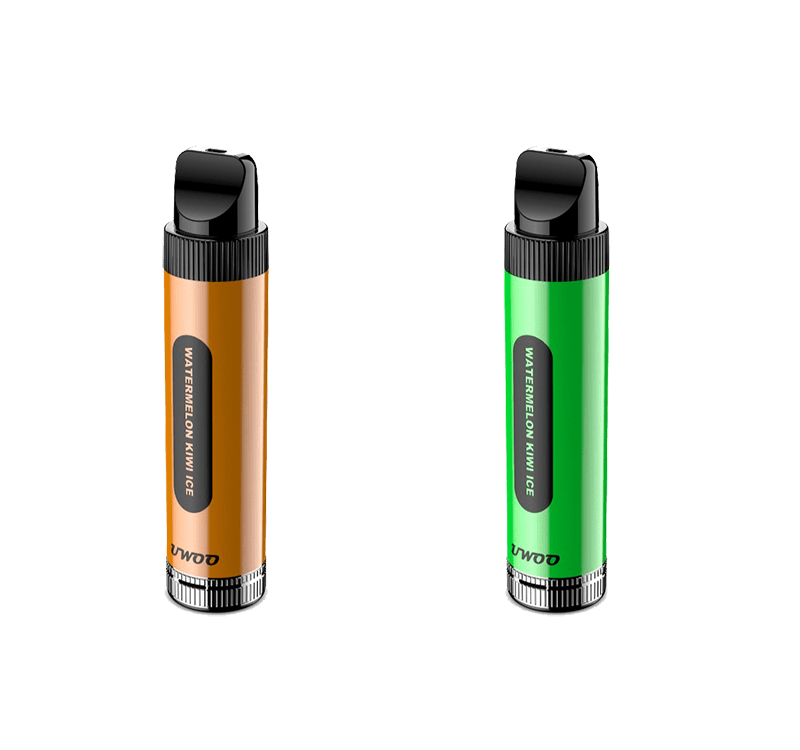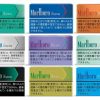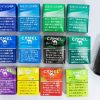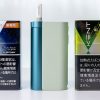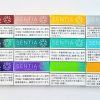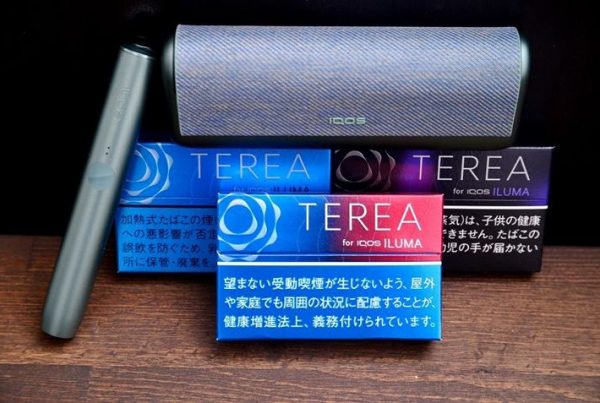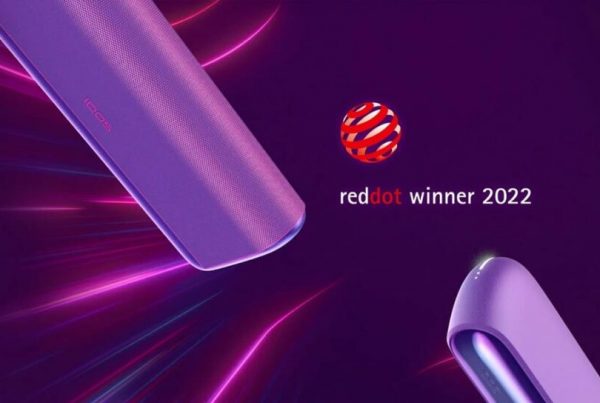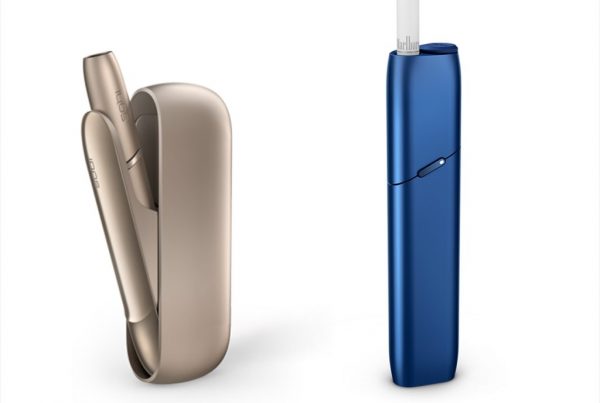1. IQOS uses different technology than e-cigarettes.
What is the difference between IQOS and e-cigarettes?
Heat-not-burn products are different from e-cigarettes because they use actual tobacco, not the flavored e-liquid typically found in e-cigarettes. The concept behind heat-not-burn is that it allows users to experience what looks and feels like smoking a regular cigarette without inhaling combusted tobacco.
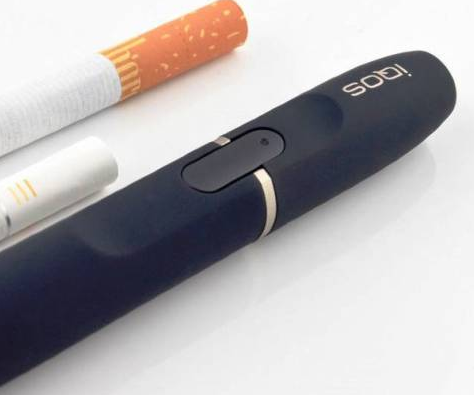
2. The devices have not been “FDA approved.”
Is IQOS approved by the FDA?
As the FDA stated, while its decision “permits the tobacco products to be sold in the United States, it does not mean these products are safe or ‘FDA approved.’”
The company submitted applications to the FDA for two different regulatory approvals: one to market the product as a new tobacco product (called a Pre-Market approval), and the other to market the product as less harmful than other tobacco products (called a Modified Risk Tobacco Product approval). The FDA decision applies to the Pre-Market approval application. The agency has not decided on whether the device can be marketed as less harmful than other tobacco products.
3. Heated tobacco products are not proven to be safer than cigarettes.
Is IQOS safer than smoking cigarettes?
Tobacco companies claim that heat-not-burn products are less harmful than cigarettes because when tobacco burns, or combusts, it produces more than 7,000 chemicals that are found in cigarette smoke.
Philip Morris claims that IQOS is less toxic than cigarettes, but multiple papers in an issue of the journal Tobacco Control concluded that the company’s own data does not fully support those claims. Research shows that although IQOS may have lower levels of some toxicants than cigarettes, it can still expose users to higher levels of other toxicants. Likewise, IQOS could expose users to lower risks of some diseases, but higher risks of others.
Philip Morris’ research underscores the fact that fewer toxic chemicals does not mean lower levels of harm when people use the product, and that reduced exposure claims are misunderstood as reduced harm claims.
SOURCE: truthinitiative.org


